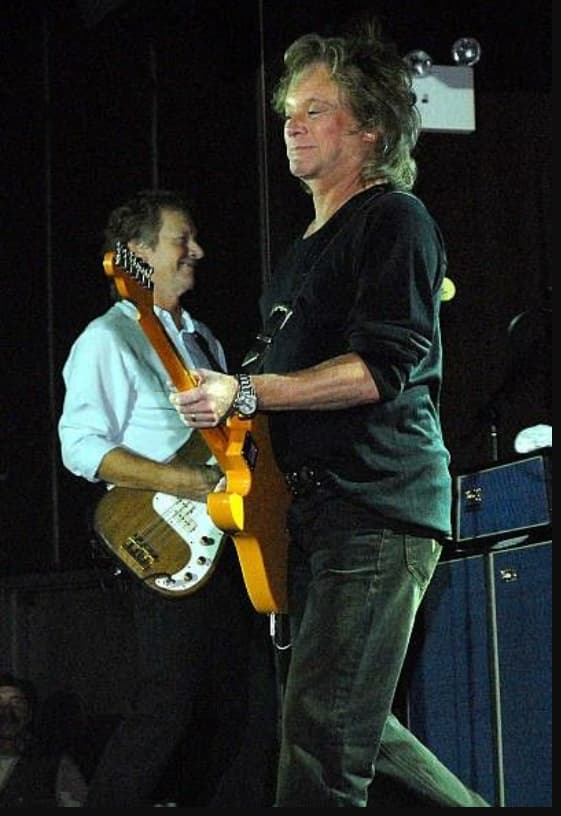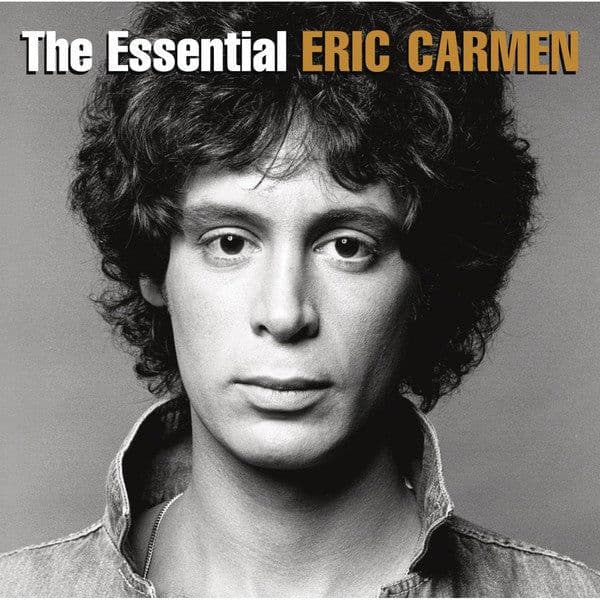
A Ballad of Solitude, Echoing Through Time
There are songs that simply exist, and then there are songs that live within us, becoming a part of our personal histories, soundtracks to moments both grand and intimately quiet. Eric Carmen‘s magnum opus, “All by Myself,” unequivocally belongs to the latter. Released in 1975, this powerful ballad, a cornerstone of his debut solo album, Eric Carmen, soared to incredible heights, reaching number two on the Billboard Hot 100, where it remained a fixture for three weeks. Its impact was immediate and profound, securing its place as an enduring classic in the tapestry of 20th-century music.
But beyond its impressive chart performance, the true magic of “All by Myself” lies in the story behind its creation and the universal chord it strikes within the human heart. For those of us who came of age in the 70s and 80s, the opening piano arpeggios are instantly recognizable, a prelude to a journey into introspection and longing. Carmen, a talented songwriter and musician, drew heavily from classical influences for this piece, most notably the second movement of Sergei Rachmaninoff’s Piano Concerto No. 2. He took the soaring, melancholic melody of Rachmaninoff and, with a stroke of genius, infused it with lyrics that spoke directly to the profound ache of loneliness.
The song’s narrative is simple yet devastatingly effective: the protagonist laments being alone, particularly in the wake of a lost love. It’s a feeling many of us have grappled with, whether it’s the quiet solitude of an empty house, the pang of seeing couples together when you’re by yourself, or the deeper, existential loneliness that can creep in even when surrounded by others. “All by Myself” gives voice to that vulnerability, that raw, unvarnished emotion of missing someone so deeply that every moment feels incomplete without them. The lines, “When I was young, I never needed anyone / And making love was just for fun / Those days are gone,” are particularly poignant, speaking to a youthful naivete that has given way to the harsh realities of mature love and loss. It’s a reflection on the bittersweet passage of time, where the carefree days of youth give way to the more complex emotions of adulthood.
The sheer power of Carmen‘s vocal performance elevates the song from a simple ballad to a cathartic experience. His voice, initially tender and vulnerable, swells with emotion, reaching a crescendo of operatic proportions that perfectly mirrors the emotional intensity of the lyrics. It’s a performance that doesn’t just sing about loneliness; it embodies it. You can hear the ache, the longing, the desperation in every note, and it’s that genuine emotion that resonates so deeply with listeners, across generations.
For many of us, “All by Myself” became an anthem of our own moments of solitude. Perhaps it was played on a late-night radio show after a breakup, or hummed quietly during a particularly introspective evening. It’s a song that allows us to feel, to truly lean into those moments of sadness and reflection, knowing that someone else understood that profound sense of being utterly alone. It’s not a song of despair, but rather one of poignant acceptance, a recognition of the human condition and the universal experience of yearning for connection. Its enduring popularity, evidenced by its numerous covers by artists like Celine Dion, speaks volumes about its timeless appeal and its ability to touch the hearts of new generations while still holding a special place in the memories of those who first experienced its magic decades ago. It reminds us that even in our moments of deepest solitude, we are, ironically, never truly alone in our feelings.
